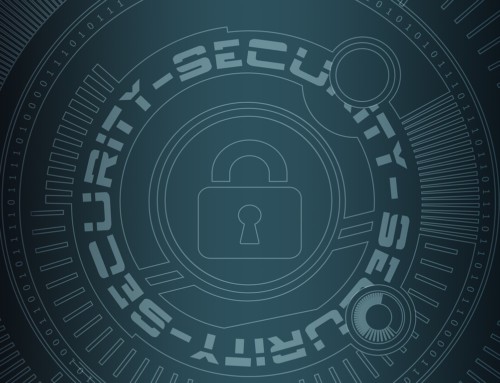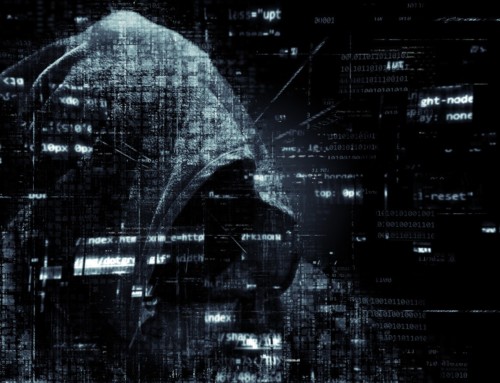Britain is already one of the most spied on countries in the world. There is one CCTV camera per 11 people in the United Kingdom, which is the highest per capita rate of surveillance amongst the OECD countries.
Turns out the mass surveillance is about to get an upgrade.
The Investigatory Powers Act, which passed last week, effectively allows spy agencies and authorities unparalleled access to the public’s data. The IP Act effectively legalises a range of powerful snooping and hacking tools. NSA whistleblower Edward Snowden tweeted that this new bill would effectively allow the British government to put in place a system for ‘extreme surveillance’.
Snowden has already revealed that American and British spy agencies work in tandem to collect private data from their citizens. The NSA and the GCHQ have worked together on bulk data collection. The IP Act puts the UK one step further than the US in terms of mass surveillance of its population.
Barely a Whimper
For such an extreme bill, one would expect a heated debate and passionate opposition. Yet, it seems the UK’s Investigatory Powers Act passed with barely a whimper. Parliament offered only token resistance as the bill made its way through the legislative system over the past twelve months.
It seems privacy advocates have been unable to make any progress in a climate of fear and xenophobia. What’s worse is that this bill only legalises powers and tools spy agencies and police departments have been using for years. The only court that can hear cases against the MI6, MI5 or GCHQ is the investigatory powers tribunal, which had earlier ruled that these agencies had been unlawfully collecting bulk data for the past seventeen years. Now, with this new Act, it seems bulk data collection has been made legal without explaining to the public why it is required.
The backdrop of fear against terrorism has also allowed the Bundestag in East Germany and the new Trump administration in America to call for more extensive surveillance.
Democracies Run By Autocrats
It’s important to note that this trend has propelled mass surveillance in developed democracies to the same level as many autocratic parts of the world. Britain’s new law on mass surveillance is “more suited to a dictatorship than a democracy,” says Jim Killock, the executive director of Open Rights Group.
The Stasi in East Germany had similar power of mass surveillance legalised, which was used to severely punish businessmen and residents who had been recorded making ‘unapproved contacts’.
Privacy advocates fear that today’s surveillance powers go way beyond what the Nazis were capable of decades ago. Mass surveillance could be used to crackdown on dissident and political opponents. These fears are compounded by the rise of far-right groups in Europe and authoritative demagogues like Donald Trump.
Protect Your Data
The signs are clear that protecting private communications and data is about to get a lot more difficult. Hiding business secrets, financial details, political ideologies, and sensitive communications is now a struggle.
Successive governments could be more extreme and draconian, which could put your business data under threat.
Services like Secure Swiss Data can offer an online platform that secures your emails, contacts and attachments with the most sophisticated encryption currently available. Datacenters located in politically-neutral Switzerland help secure your business thoroughly. Soon, offshore storage and high-end encryption could be the only way to protect your business from mass surveillance.





Leave A Comment